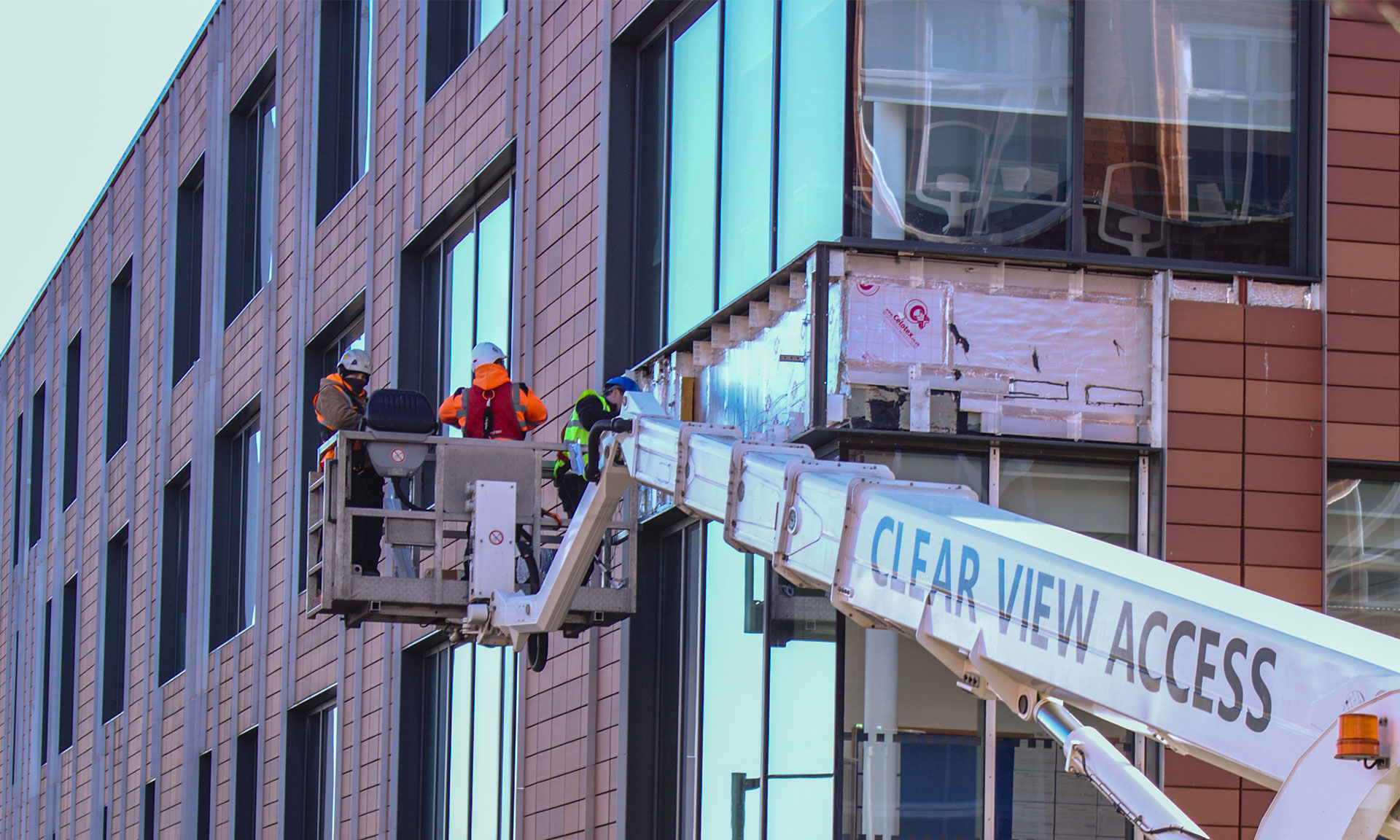
Homebuilders who refuse to pay to fix unsafe leasehold flats could be banned from selling new homes.
The government has tabled a series of amendments to the upcoming Building Safety Bill, which, if passed by parliament, will give it the ability to place sanctions on developers and manufacturers it says are to blame for the building safety crisis.
The new measures will also ensure that most leaseholders will be legally protected from needing to pay for unsafe cladding to be fixed. Here, Which? outlines the proposals and explains what they might mean for affected leaseholders.
Government issues threat to developers over cladding
In January, the government unveiled plans to introduce a £4bn fund to remove unsafe cladding on buildings between 11 and 18 metres tall, with developers asked to foot the bill.
These new amendments go a step further in outlining how the government will deal with those who don’t play ball.
The government says it will use new powers including blocking planning permission and building control sign-off if developers refuse to ‘do the right thing’ and pay for remediation. Such measures would effectively make it impossible for developers to build and sell homes.
It also unveiled several other proposals:
What do the plans mean for leaseholders?
Most significantly, the amendments will enshrine in law that no leaseholder living in a building 11 metres or taller will have to pay for the removal of dangerous cladding.
There is one key omission, however – the government hasn’t provided any further information on support for those living in buildings below 11 metres in height.
Concerns over building safety costs
There’s also mixed news for leaseholders when it comes to other building safety issues.
The government’s plans state that if the original developer still owns the building (or the current landlord is linked to that developer), they must pay in full to fix other historic building safety issues. In instances where the current building owner is not linked to the developer but can afford to pay, they’ll also be expected to do so.
If the building owner can’t afford to pay, leaseholders will be protected by a cap on their costs of £10,000 (£15,000 in London) each. Ultimately, however, this means that in some cases leaseholders may still need to foot some of the bill themselves.
The government claims this will only happen in ‘a small number of cases’ and says any costs leaseholders have paid over the last five years will count towards the cap. The most vocal Conservative MP on cladding issues, Stephen McPartland, described the charges as ‘a last resort that I do not think will really happen’.
The campaign group End Our Cladding Scandal described the announcements as ‘the most positive step forward we have seen so far’ but expressed concerns that some leaseholders would still be subject to paying ‘enormous amounts’.
Issues with selling homes
Finally, some leaseholders have raised concerns that the new amendments could prevent them from selling their homes, as they will only provide protection for leaseholders currently living in their property, meaning any new buyer wouldn’t benefit from the protections. The government is yet to confirm whether this will be the case.
When will the changes come into force?
Today’s announcements will be presented as amendments to the upcoming Building Safety Bill, so they’ll need to pass through parliament before coming into law.
This means leaseholders may still need to wait for a number of months before the protections come into force.
How the government plans to solve the building safety crisis
The government’s new announcements reaffirm the package of support measures it previously announced in January. These included the following:
You can find out more about the measures in our full story from January.



